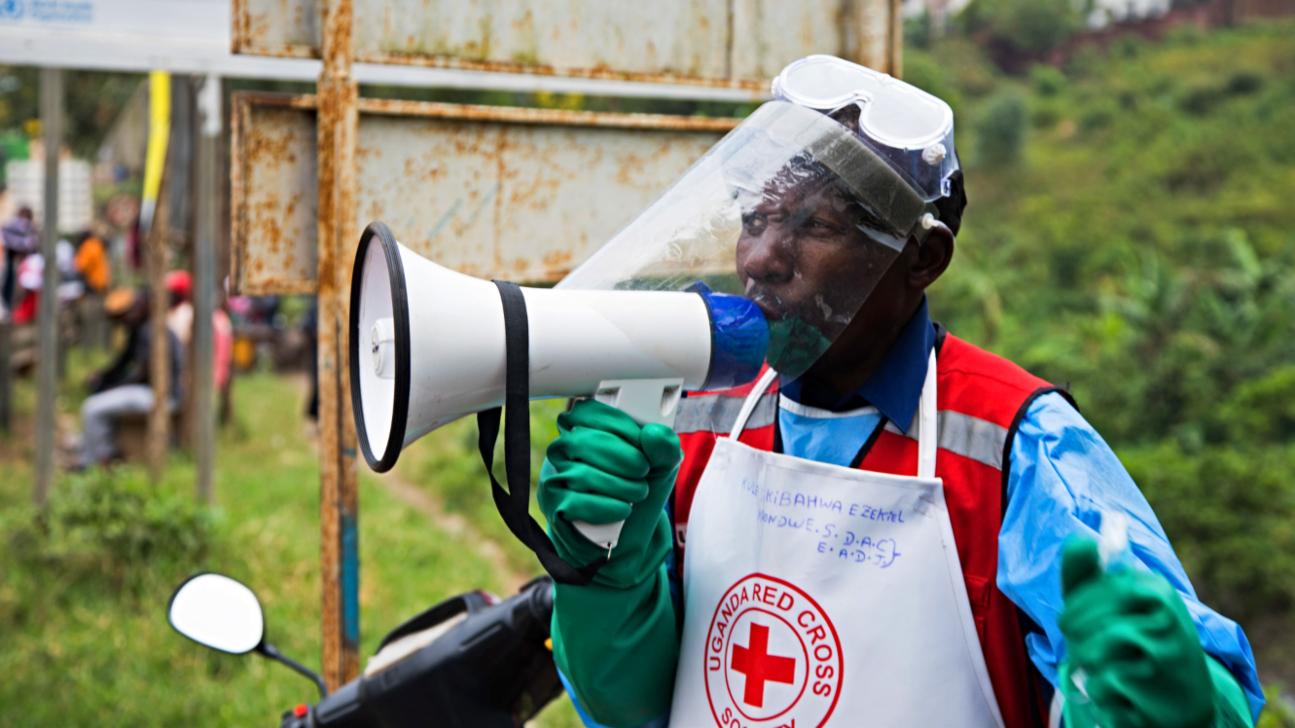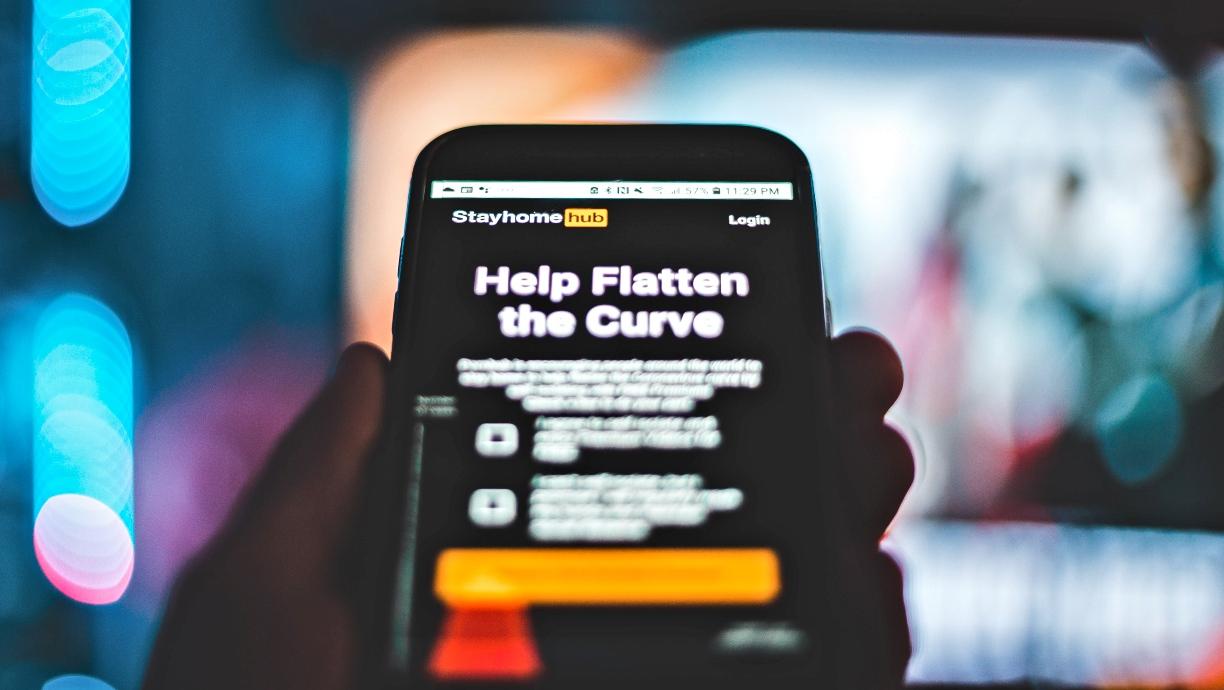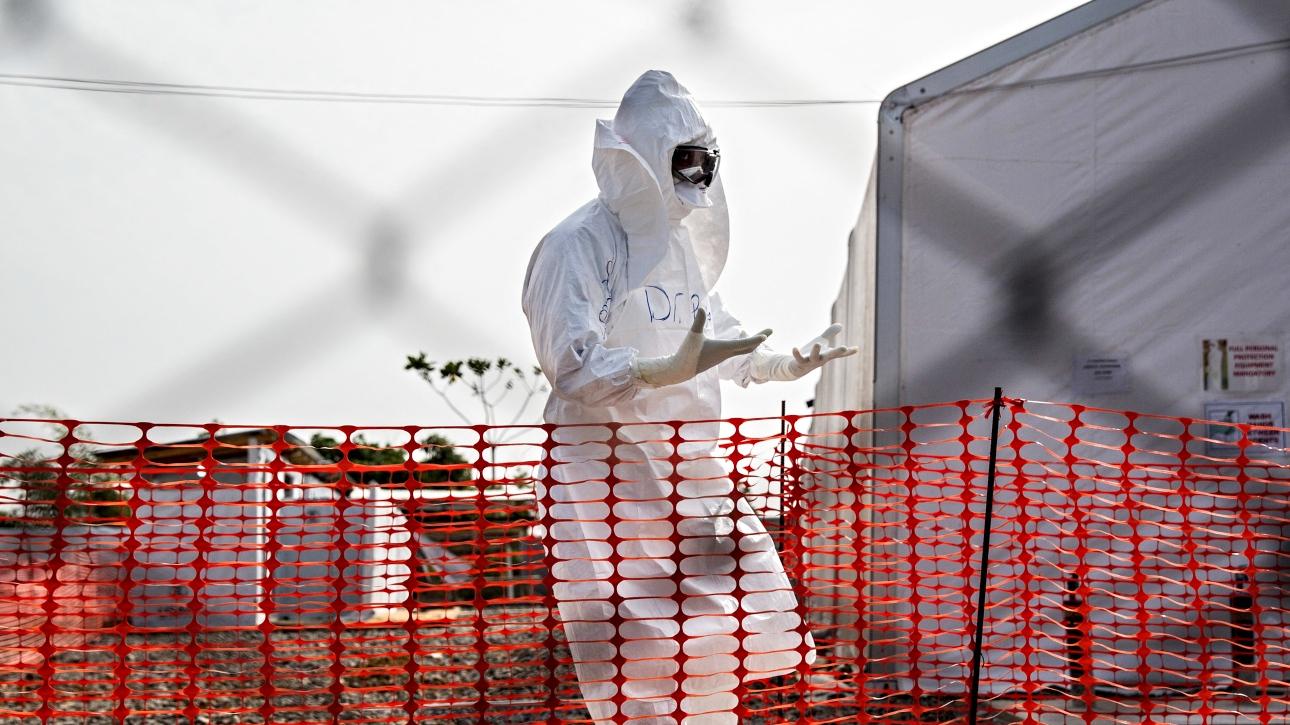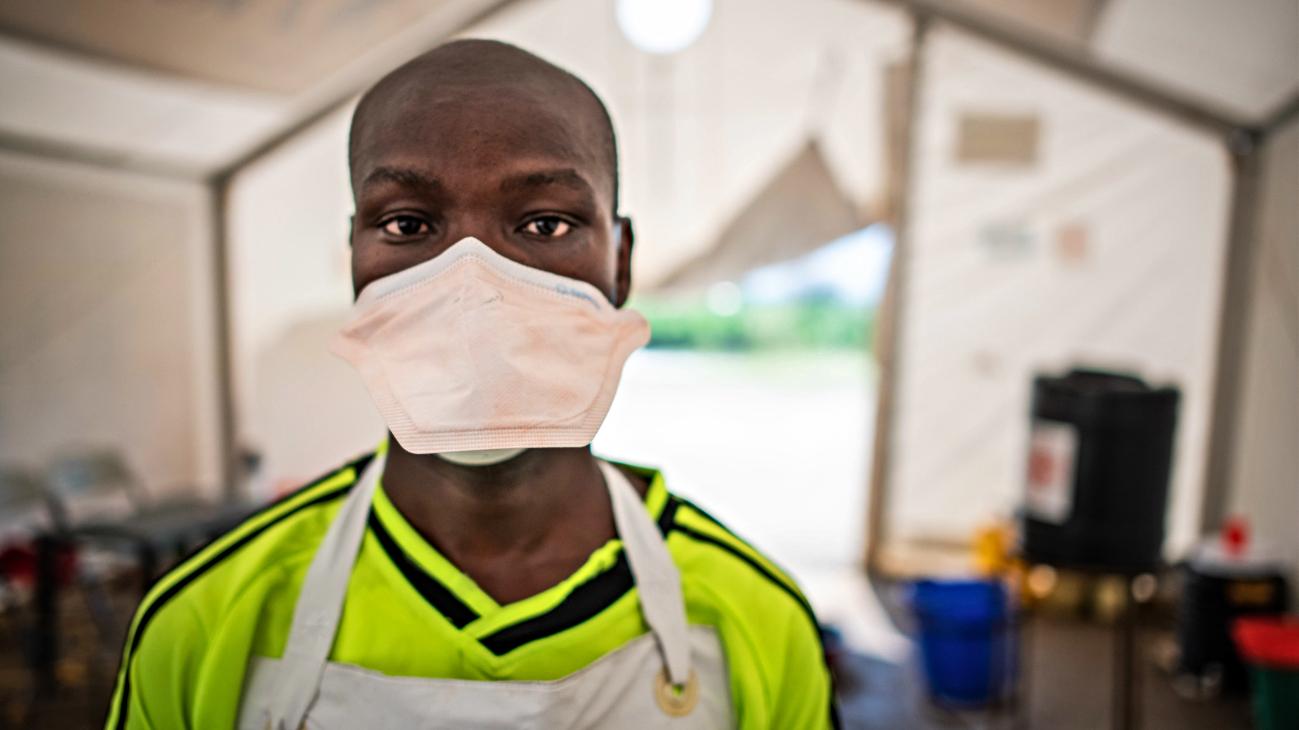In the African Great Lakes region responses to COVID-19 have not only been shaped by government information, but by the intervention of herbalists, traditional healers, religious leaders and customary authorities. Often healthcare is provided by relatives and between households. Our new series examines these health-seeking behaviours, and the diverse impact of the pandemic across the region, to deliver to communities place-sensitive and meaningful information.
Explore the Shifting Spaces series, an emerging timeline of COVID-19 responses from Kenya, Malawi, Tanzania and Uganda, updated weekly.
Our new series, COVID-19 and Shifting Spaces: Unfolding perspectives from the African Great Lakes Region, presents evolving perspectives on the impacts and ways we understand COVID-19 across borders. We foreground the experiences of both healthcare workers and researchers in contrasting rural and urban contexts in Kenya, Malawi, Tanzania and Uganda. Contributors provide insights from places which have experienced different COVID-19 caseloads, which have interfaced with disparities in historical epidemic responses, as well as public health provision. Across these shifting time-spaces, the responses of national and local government, as well as civic actors, has differed markedly. The insights produced within this series present perspectives that include local interpretation of health information and perception of COVID-19, communal access and provision of preventative measures, the implementation of personal protections, as well as the impacts and reactions to COVID-19 lockdowns. What emerges is a diverse mosaic of health and livelihoods often hidden from rapid survey approaches, or the narrow interpretation of health metrics, which has dominated international comparisons of COVID-19. Personal and communal perspectives, we suggest, offer important points of departure for comparative discussion within and beyond the African Great Lakes region.
Contested health information
COVID-19 has demonstrated that health information is a vast and contested terrain. In particular, the response had brought to light a notable tension between sources of information: which sources are viewed as trustworthy and reliable? Local perceptions of the reliability of government-produced health metrics and messaging matters, since this influences whether individuals choose to follow state health guidance, or not. In the case of COVID-19, information about transmission, causes, protection and cures, as well as case numbers and death rates, has proliferated from both local, national and international sources. The use of social media, in particular, has led to what the World Health Organization (WHO) calls an ‘infodemic’ – where information on the virus spans from often untrustworthy or unregulated sources. False information, the Director-General of the WHO warns, ‘spreads faster and more easily than the virus.’ Many of our contributors acknowledge the role of social media as a contested information source, but consider too the perspective of religious actors, family members and healers, alongside government information. The delivery, source and type of health information fundamentally shapes how people respond to specific health threats. There are countless examples of negative outcomes from rumours or myths about disease protection and cures across the African continent and beyond. Recent examples include a rumour during the outbreak of Ebola Virus Disease (EVD) that the virus could be cured through the consumption of foods and drinks, including onions and condensed milk. Rumours not only spread panic but may encourage potentially non-effective practices which place patients at increased risk. In the same 2014 outbreak, rumours that suggested that medical professionals were administering harmful treatments to patients discouraged infected individuals from attending hospitals and seeking professional care. Media coverage of COVID-19 responses in the US and the UK has brought into sharp focus the potential impacts of misinformation. In the US, rumours that drinking bleach or hand-sanitiser led to an increase in calls to Poison Control Centres. These rumours were aided by US President Donald Trump’s repeated assertions of the benefits of the anti-malarial drug hydroxychloroquine for anti-COVID-19 effects. The emergency use authorisation for the drug was later revoked by the US Food and Drug Administration after studies had shown it was ineffective at treating COVID-19. In the UK, an early link made between conspiracy theorists between the spread of the virus and 5G led to the destruction of phone masts, including those serving hospitals. In this instance, it is important to remember that rumours do not take shape in isolation, but they are rather deeply embedded in the social-political contexts of nations and regions, as well as transnational flows of information.
Politics of the COVID-19 response
Health policies are political decisions taken by governments, and health statistics may be instrumentalised to justify extraordinary measures in the name of health and safety. Given the global reach of COVID-19, there was pressure for African leaders to act assertively, containing the virus and preserving their reputations as effective leaders on a global stage. Within some national contexts, opposition parties have been quick to claim that ruling parties have utilised lockdowns and restrictions to their advantage. In Uganda, for example, opposition parties were banned from distributing food aid, lest the contact transmit the virus. Many Ugandans interpreted the move as politicking ahead of forthcoming elections which may now be postponed. Yet in Tanzania, lockdowns recommended by the WHO were abandoned in favour of a community-led response. As the Ebola response has previously highlighted, public health is entangled in both international and national structures of power, mediated by the politics of the ruling government. There is also a broader structural politics at stake, with many observers expressing disquiet about the application of one-size-fits-all global health models for diverse contexts. After months of lockdown, many citizens in our study countries lament their inability to farm, or trade, under lockdown restrictions. Hunger is feared as much as COVID-19, particularly in regions that have registered few cases. In some national contexts, these crises for immediate food and financial security are met by an increasingly forceful police and military response against those who ‘flout’ the lockdown. These encounters necessitate an exploration of whose security matters, and a holistic analysis which considers COVID-19 among a broader suite of human securities.
Health concerns
Political concerns are entangled with localised histories of sickness. Memories of past epidemics shapes, for example, the kinds of personal protections adopted by individuals, households and communities. COVID-19 personal protections may refer to social distancing, household- or self-isolation, adherence to quarantine and the use of masks and gloves. Yet, as we have seen, population acceptance and uptake are highly varied. We must also remain attuned to the broader health impacts of specific viruses. Indeed, in most places, epidemics or outbreaks have a significant impact on care-seeking behaviours more broadly. Individuals are less likely to seek care for other health concerns if there is a fear they will contract the disease in a health centre or hospital. As the COVID-19 response endures, many citizens in the African Great Lakes region voice concerns that primary healthcare cannot be accessed. A stark precursor to this potential crisis is provided by the recent admission by NHS England that an unprecedented number of cancer patients missed treatments, tests and outpatient appointments because of the UK epidemic response. Our contributors ask what could the impact of COVID-19 be on rates of malaria treatment and other ailments which are endemic in the LEAD Project’s research sites? Avoidance of primary health-care consistently leads to an increase in all-cause mortality in pandemic situations. The landscape of response is not only shaped by government information, but by the intervention of herbalists, traditional healers, religious leaders as well as customary authorities. In many of the spaces we present, care is provided between relatives and households as a matter of course. Yet in times of and beyond a pandemic, these practices are often excluded in discussions about proper health-seeking behaviours. The influence of the family and household has been brought into focus by COVID-19 quarantine measures.
Our contribution
As an evolving set of contributions, these blogs highlight the diverse ways through which COVID-19 has articulated its impact across the region, while also revealing important points of convergence. Together, by generating rich, situated detail on the ways in which people perceive health threats and act accordingly, the contributions provide critical insights into pressing health questions beyond COVID-19 – and in doing so, carve out a space to discuss how we might better deliver place-sensitive, high quality services and meaningful, trusted health information. Photo credit: National Cancer Institute






I support this article submission, I will be advice the government of Africa countries for allowing the medical service to coroborate the herbalists, traditional healers, religious leaders and customary authorities in order to tackle COVID-19 in Africa.
Trump playing the doctor was most amusing. But it was also not a joke because some people believed him.
I wonder how many people died following Trump’s medical recommendations.
Worth researching, I think.